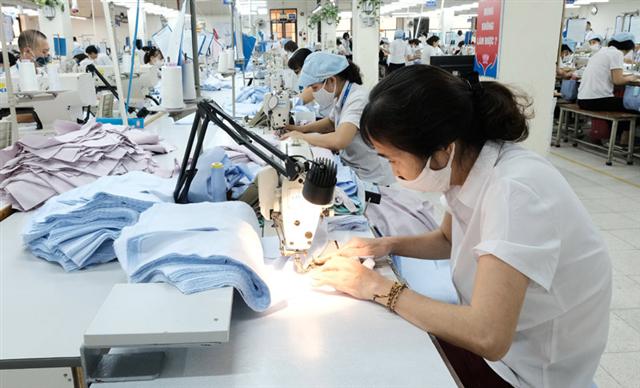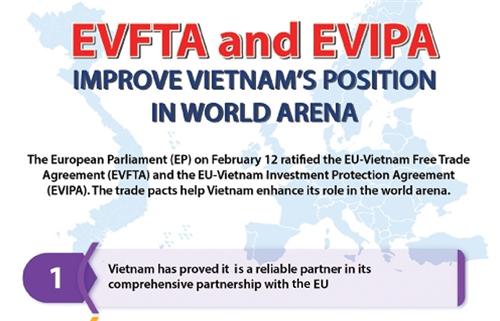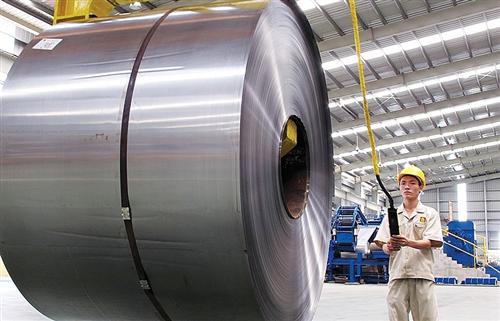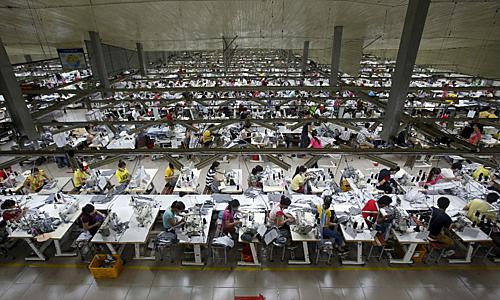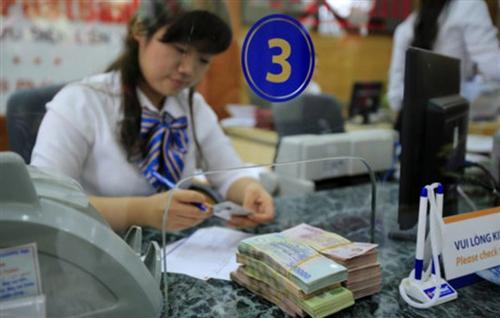FDI in Việt Nam expected to surge after the epidemic
FDI in Việt Nam expected to surge after the epidemic
As a major foreign investment hub, China is hit hard by the new strain of coronavirus, now known as Covid-19, but this also provides an opportunity for other countries to accelerate efforts to attract new foreign investment, especially investments in China which may seek other destinations. 
One big US corporation is planning a multi-billion dollar project in Asia and its prospective investment location is either China or Viet Nam.
“With disturbance caused by Covid-19 in China, they may choose Viet Nam,” Do Nhat Hoang, director of Foreign Investment Agency under the Ministry of Planning and Investment, was quoted as saying on baodautu.vn.
“They will make final decision in March,” Hoang said.
Last week, a group of Korean and US investors came to Viet Nam to study investment opportunities in liquefied natural gas (LNG) power projects.
As the world talks about the impacts of Covid-19 on tourism, trade and investment, this also can be seen as an opportunity for Viet Nam’s economy.
The representative of Korean investor group – which include Korea Gas Corporation, Korea Electric Power Corporation and Hanwha Group – said they wanted to invest in LNG port and gas power plants in Viet Nam.
However, Hoang also pointed out the Covid-19 impact was real, with not only production and business activities interrupted, but also plans to visit Viet Nam to seek investment opportunities cancelled.
In a recent report to the Government, the Ministry of Planning and Investment said activities to explore investment potential in Viet Nam by investors from China and other countries would likely be delayed, including seminars, investment forums and business visits.
Consumer demand, especially for non-essential goods, would decline sharply, causing a standstill in production due to large inventories. New investors would hesitate to make investment decision at this time, while for invested projects, investors would likely postpone the increase in investment capital, the report said.
Global experts have raised concerns over the world’s over-reliance on China and predicted a shift in both global supply chains and investment.
Investors will have to reassess production and investment plans to avoid risks and the rearrangement of global production networks will be an opportunity for Viet Nam to lure a large number of foreign businesses and investments, according to the Vietnamese National Centre for Socio-Economic Information and Forecast.
At a press conference last week, chief representative of Jetro Ha Noi Takeo Nakajima said 122 Japanese enterprises would switch manufacturing locations out of China in the future and 42.3 per cent of them might choose Viet Nam as the next location.
Japanese businesses wanting to relocate from China was not just because of its trade war with the US but also to “avoid” the rising input cost in this market, Nakajima said.
Two scenarios for FDI in 2020
Foreseeable investment inflows to Viet Nam will be affected due to Covid-19 but high economic growth will provide a buffer for the country.
According to Nguyen Bich Lam, general director of the General Statistics Office (GSO), Viet Nam is in favourable position to attract more foreign investments, including the relocation plans of foreign investments in China to evade the US-China trade war and many free trade agreements (FTA) that Viet Nam has signed, including CPTPP and EU-Viet Nam FTA.
GSO has prepared two scenarios for FDI in 2020 which are lower than initial expectation but still higher than 2019.
If Covid-19 epidemic is brought under control in the first quarter, Viet Nam is expected to lure US$38.6 billion of foreign capital in 2020, while if the epidemic ends in the second quarter, the country will only attract $38.2 billion.
In the initial prediction without Covid-19 epidemic, Viet Nam would likely rake in $39.6 billion.
In the first 20 days of January this year, $5.3 billion of FDI landed on Viet Nam, a surge of 179.5 per cent year-on-year.
“This is an opportunity for Viet Nam to fine-tune policies to attract investors who are intending to narrow production in neighboring countries and invest in Viet Nam,” Lam said, urging investment promotion agencies to proactively work with foreign investors who have plans to invest in the country to discuss the preliminary investment procedures, not only waiting for the epidemic to be completely controlled.
In the long term, it was necessary to continue improving the investment and business environment, amending policies and strategies to attract quality foreign investments, he added.






